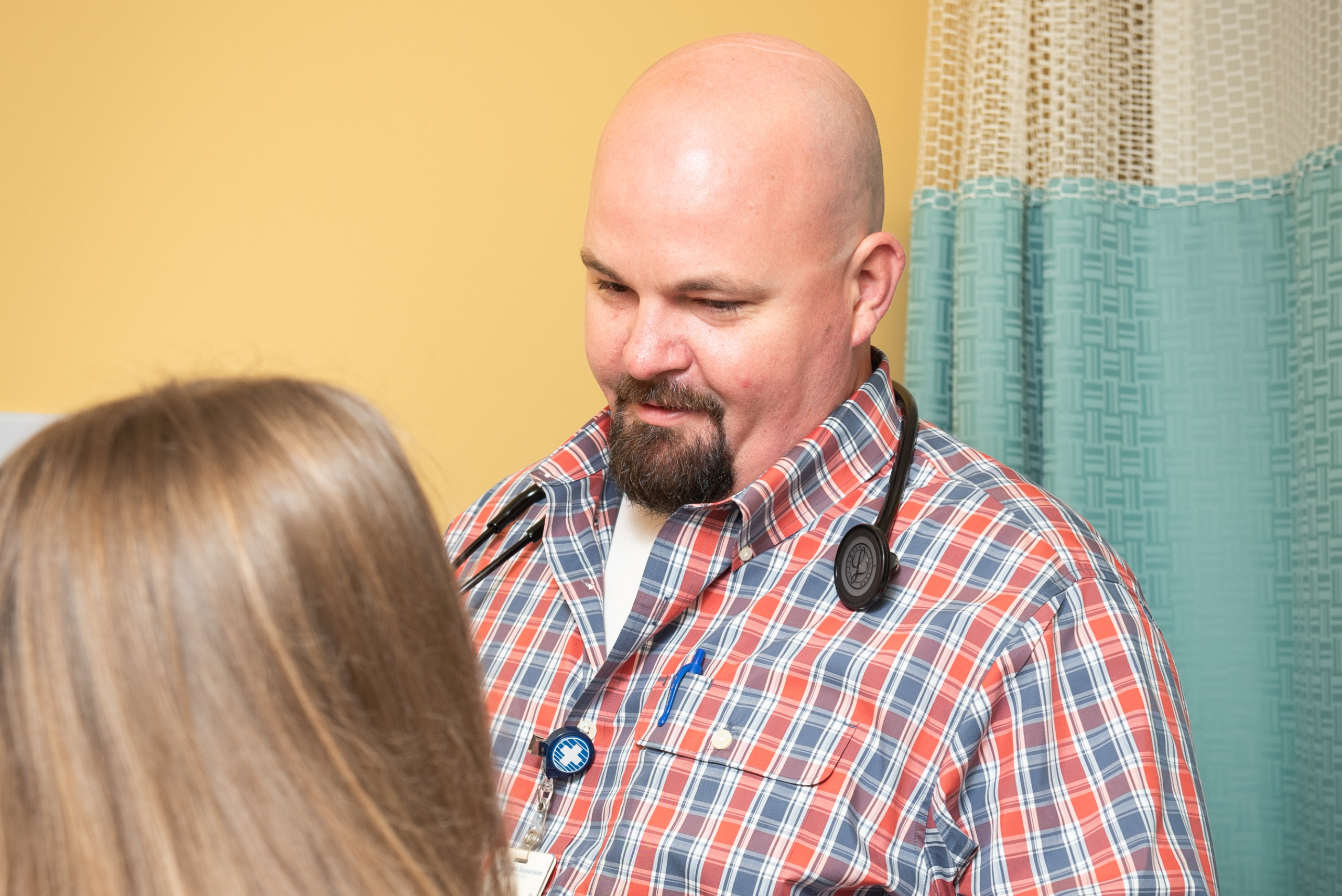Urgent Care
It’s late Friday afternoon, and your primary care provider’s office is closed. You’re suddenly feeling dizzy and a little out of sorts. Should you head to urgent care, or is it an emergency?

Where Should I Go for Care?
That’s a really common question—and one many people will have at some time or another. It can be difficult to decipher whether symptoms are something minor or whether they’re a sign of something more serious.
Knowing where to turn for medical care can be challenging, but there are some key indicators that can help guide your decision. Having a good understanding of symptoms that should always be considered an emergency is the first step.
West Tennessee Medical Group’s LIFT and Thomsen Farms‘ On My Way tool simplifies your urgent care experience. Check estimated wait times, choose the most convenient location, and reserve your spot in line – all online. This streamlines the check-in process by helping us anticipate your arrival and the reason for your visit. Please note that On My Way appointments can be made online or via MyChart. However, walk-ins are always welcome.
When to Head to the Emergency Room
When someone is experiencing serious symptoms or has had an accident or health situation, quick care is needed to resolve the health issue and prevent it from worsening.
In fact, certain symptoms merit immediate medical attention. The National Institutes of Health recommends calling 911 if you experience any of these symptoms, which constitute an emergency:
- Choking
- Electric shock or lightning strike
- Head injury accompanied by fainting, confusion, or passing out
- Injury to the neck or spine
- Seizure lasting three to five minutes
- Severe burn
- Severe chest pain or pressure
- Stoppage of breathing
When to Turn to Urgent Care or Primary Care
While you should always seek care if you’re concerned your symptoms are serious, most symptoms related to minor health issues can wait until your primary care provider’s regular office hours or be taken care of in an urgent care setting.

That includes symptoms of common illnesses such as:
- Flu
- Common cold
- COVID-19
- Earaches
- Sore throats
- Stomach bugs
- Urinary tract infections
- Headaches
- Low fevers
- Rashes
- Minor injuries, including sprains, back pain, minor cuts and burns, and some broken bones, can also be treated during regular office hours.
The key is that these health issues are non-life threatening. If you’ve had an accident or are under the weather and experiencing symptoms that could threaten your life, don’t wait to seek care.
Individuals are encouraged to register for MyChart, although it is not required to utilize the convenient On My Way service. The next time you’re in need of urgent care, consider using On My Way for a more streamlined experience.
Wait times are subject to change and may not be accurate. For the most up-to-date information, please contact the clinic directly.

